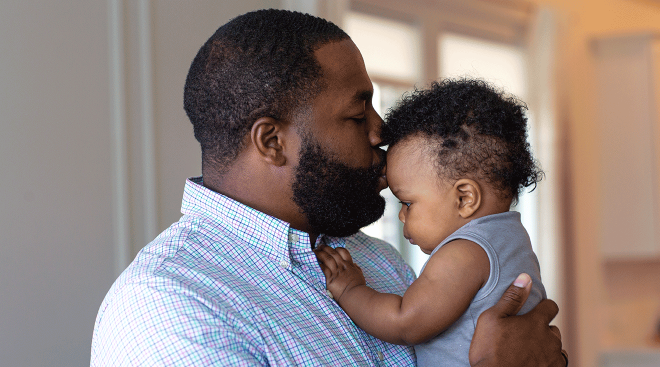Study Explores Why Mom Is Likely to Share a Birthday Month With Baby
Moms share almost everything with their children. From their genes to dinner and even bathroom time, new studies show that moms are more likely to share their birth month with baby too.
A new study, published in the esteemed journal Population Studies, is the first of its kind to highlight that women are more likely to give birth in the same month as their own birth. The collaborative effort of researchers from Spain and the United States examined official birth data from over 10 million births in Spain and France, spanning different decades.
Using the birth dates of parents and their children the scientists discerned patterns. Generally births in a particular country tend to follow a pattern, with more babies being born at certain times of the year than at others. This is known in academic literature as birth seasonality.
But when the researchers divided the birth data into groups based on the month of birth of the mothers, the births didn’t follow the expected pattern. Instead, there was a spike in January births among the mothers who were born in January, a spike in February babies in the mothers who were born in February and so on. Overall there was a 4.6 percent increase in births where mother and child shared the same birth month.
Furthermore, siblings showed a 12.1 percent increase in sharing the same birth month, parents had a 4.4 percent more likely to share the same birth month, and children having the same birth month as their fathers exhibited a 2 percent increase from the norm.
So what’s behind all this birth month sharing? Dr. Adela Recio Alcaide and Professor Luisa N. Borrell of the City University of New York suggest that the explanations are “both social and biological.” Part of this lies in how individuals of similar backgrounds tend to pair up, influencing birth patterns.
For instance, in Spain, a woman with higher education is more likely to give birth in the spring. This trend is often passed down through generations, as people of high education background pair with people of high education backgrounds creating a familial link to a specific birth season and at times a specific birth month.
“Moreover, biological factors that are known to affect birth seasonality—such as photoperiod exposure, temperature, humidity, and availability of food—also depend on socio-demographic characteristics, since different social groups are exposed to these biological factors to varying degrees,” Borrell notes.
While this study certainly points to interesting patterns that can contribute to baby’s birth month, the researchers acknowledge there is still much work to be done, including research into how when baby is born can impact their future.
Navigate forward to interact with the calendar and select a date. Press the question mark key to get the keyboard shortcuts for changing dates.





















































